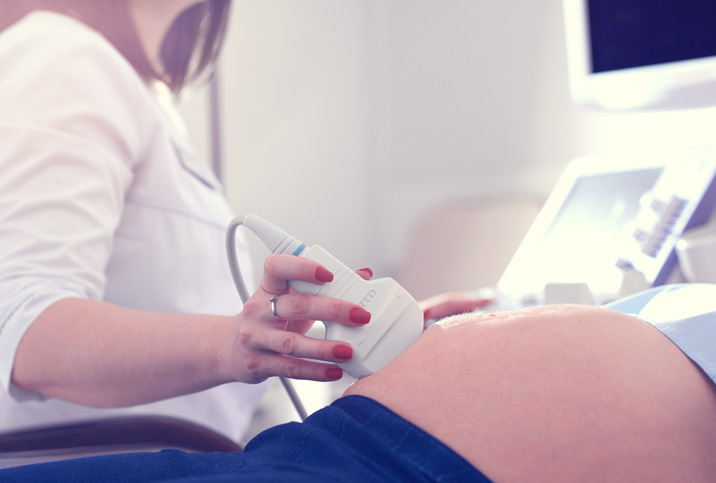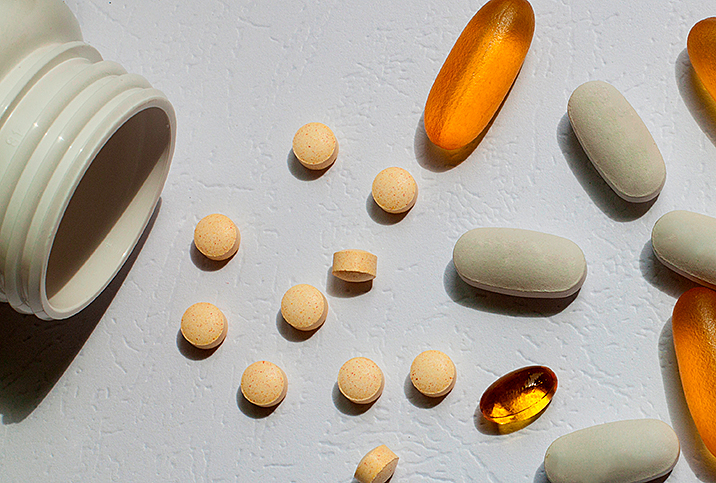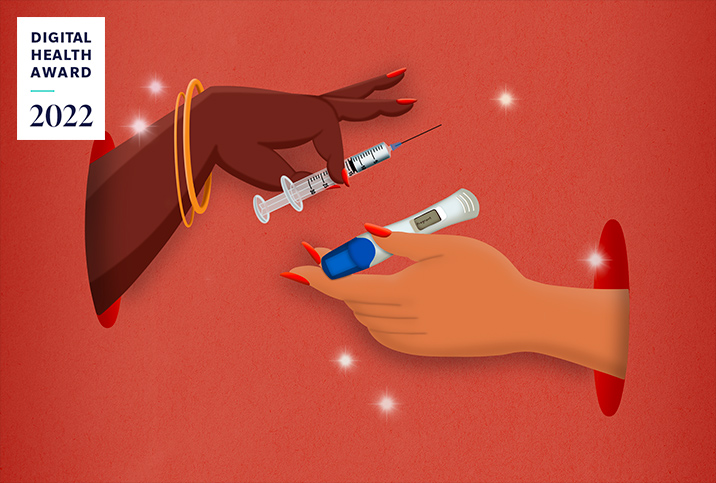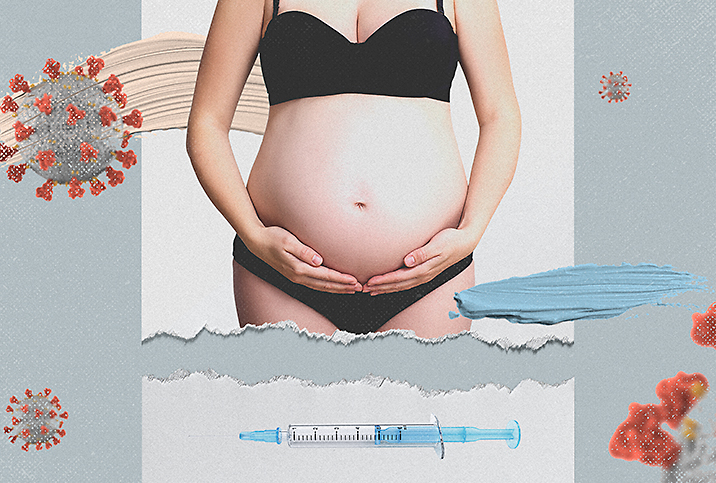The Importance of Prenatal Infection Awareness

During pregnancy, both mother and baby can be affected by illnesses that can become more severe during this time—which is why immunizations and prenatal testing are so important.
February is International Prenatal Infection Prevention Month, and it's a good opportunity to look at the ways that prospective parents can protect themselves and their baby throughout pregnancy.
In order to become pregnant, a person's body goes through major changes. The mother's body goes into a state of "immunocompromise or immune suppression," explained Lucky Sekhon, M.D., a reproductive endocrinologist and infertility specialist at Reproductive Medicine Associates of New York.
This makes up the "physiological response to pregnancy, whereby the immune system permits the embryo to implant and a pregnancy to become established, despite being at least half-foreign to the body," Sekhon said.
This has to happen so the father's DNA is accepted, but this means that the mother's body is "more susceptible to infections, such as viral illnesses and food-borne illnesses," said Kate Mundell, B.Sc., N.M.A., a midwife at Naytal, an online health clinic in the U.K.
The immune system then continues to change after conception and adapts differently in the "second trimester and again in the third trimester to allow labor to happen," Mundell added.
The necessity of vaccinations
"There are specific types of viruses that can cross the placenta and are known to be associated with impaired fetal development and birth defects," Sekhon said. Some of the illnesses that have historically been found to more significantly affect pregnant women are the influenza virus, hepatitis E virus (HEV), herpes simplex virus (HSV) and malaria.
In more recent times, COVID-19 has been shown to affect pregnant women more seriously, with studies showing that they are two to three times more likely to give birth prematurely as a result. There is some positive news to come out of the spate of research related to COVID-19, as a study discovered that SARS-CoV-2 antibodies are transferred by the placenta in 87 percent of birthing parents who had recovered from the illness.
The Centers for Disease Control and Prevention (CDC) states that "the benefits of receiving a COVID-19 vaccine outweigh any known or potential risks of vaccination during pregnancy." It also states that there is "growing evidence" of the "safety and effectiveness of COVID-19 vaccination during pregnancy." The American College of Obstetricians and Gynecologists (ACOG) also strongly recommends that all pregnant women be vaccinated against COVID-19.
"The majority of pregnant women that are hospitalized due to COVID-19 have not had the vaccine," Mundell stressed. "Vaccinated pregnant women who also contract COVID-19 fare much better and often don't need hospital treatment."
Studies showing pregnant women are two to three times more likely to give birth prematurely as a result of COVID-19.
I personally had both shots of Pfizer at 28 and 36 weeks of pregnancy in 2021, and it was the right decision for me as it kept both me and my son healthy. I also had the booster while breastfeeding, as milk is another way that antibodies are transferred.
These antibodies are passed via colostrum and breast milk as well as the placenta. "The fetus can acquire immunity against illnesses passively via the antibodies in the maternal circulation, which can cross the placenta," Sekhon explained. "This can give a newborn who has a naïve immune system vital protection from the pathogens that it encounters post-delivery."
As well as the COVID-19 vaccine, the CDC recommends that expectant mothers get two jabs—flu and Tdap. The Tdap vaccine protects against pertussis, which is also known as whooping cough. The Medicines and Healthcare products Regulatory Agency (MHRA) found no evidence of increased complications in pregnant women as a result of the whooping cough vaccine.
"The whooping cough vaccine helps to prevent the baby from getting it in the first 8 weeks of their lives. It covers them until they start having their own immunizations," Mundell explained. "Enough women have had it with no detrimental effect to the baby whatsoever, it is therefore considered to be very safe."
Prenatal testing is paramount
As well as the recommended immunizations, prenatal testing is also vital during pregnancy. It "is essential to screen for early medical issues, such as high blood pressure, diabetes, and urine infections, which can have serious consequences in pregnancy. It can also identify genetic disorders and growth problems," Sekhon said.
There is also screening for infectious diseases such as hepatitis and HIV. Sekhon added that if a condition may harm the fetus, it may be better for the baby's health for it to be delivered earlier, so this testing helps medical professionals make these decisions and intervene early.
"The most common test women undergo is a urine test to rule out infections such as Group B Strep (GBS). If this remains undetected and is passed on to the baby, then they can become quite unwell," Mundell said. She added that GBS can be treated with antibiotics during labor as it can only be passed on once the amniotic sac is broken. This intervention prevents infection in the baby.
Protecting your baby
In order to protect your baby from prenatal infections, there are many steps that an expectant parent can take. Sekhon recommends avoiding undercooked foods and unpasteurized milk and cheeses. This is due to the risk of food poisoning from bacteria. Pregnant women should also avoid cleaning cat litter, as feces can pass on toxoplasmosis, which is dangerous for unborn children. She also advises frequent handwashing to reduce the risk of bacteria or virus transmission.
Mundell advises that "regular midwife checks are paramount during pregnancy, as any infections are easily detected in the urine." She stressed, "If you feel unwell at all or have a raised temperature at any time, seek medical advice straightaway."
There are many enjoyable things you can do to help keep yourself healthy and your immune system functioning well during pregnancy. From her experience, Mundell recommends "keeping yourself fit and healthy by drinking plenty of water, eating dietary fiber, doing light exercise and getting fresh air."


















